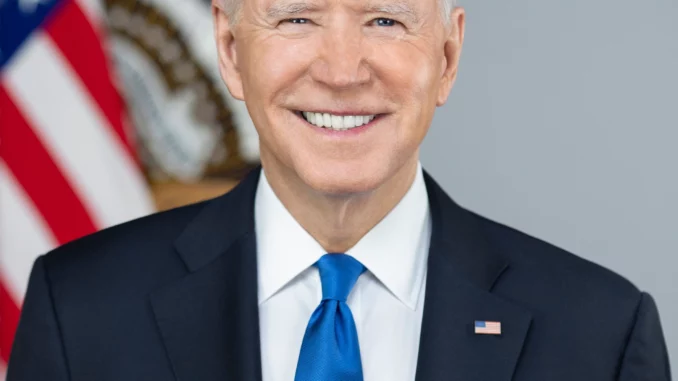
DACA recipients would be able to enroll in a health plan through the Affordable Care Act or Medicaid
WASHINGTON, D. C. (TIP): President Joe Biden on Thursday, April 13, announced that his administration plans to expand health care coverage to young adults without legal status who have been in the U.S. since they were children and are working or studying under the DACA program. Under Biden’s plan, DACA recipients, also known as Dreamers, would be able to enroll in a health plan through the Affordable Care Act or Medicaid.
“Today’s announcement is about giving DACA recipients the same opportunities,” Biden said in a video statement posted on Twitter. “We’ll continue doing what we can to protect Dreamers.”
DACA, or the Deferred Action for Childhood Arrivals program, was first implemented in 2012 as an executive order under President Barack Obama and allowed eligible undocumented young adults who came to the U.S. to work and study without fear of deportation.
The Department of Health and Human Services is expected to propose a rule expanding the definition of “lawful presence” to include DACA recipients, for purposes of Medicaid and Affordable Care Act coverage, according to the White House. The Biden administration expects to get this done by the end of April. If finalized, it would be the first time DACA recipients are eligible for these health care programs. DACA recipients would be able to apply for coverage through the Health Insurance Marketplace, where they may qualify for financial assistance based on income, and through their state Medicaid agency, according to the White House.
More than 600,000 DACA recipients live in the U.S. An overwhelming majority were born in Mexico and other Latin American countries. The 2012 DACA initiative was meant to shield from deportation immigrants brought to the US illegally by their parents as young children and to allow them to work legally in the country.
However, the immigrants were still ineligible for government-subsidized health insurance programs because they did not meet the definition for having “lawful presence” in the US That’s what Biden’s Department of Health and Human Services will aim to change by the end of the month. The White House action comes as the DACA program is in legal peril and the number of people eligible under the program is shrinking. DACA recipients can work legally and pay taxes, but they don’t have legal status and are denied many benefits available to US citizens and foreigners living in the US. In recent years, millions of people in the US signed up for Medicaid, the program that provides health care coverage for the poorest Americans, during the COVID-19 pandemic.
The government increased federal subsidies to drive down the cost of plans on the Affordable Care Act’s marketplace. As of last year, just 8 per cent of Americans were without health insurance, according to HHS.
But DACA recipients, as well as those in the country without documentation, are barred from joining those federally funded programs. About half of the roughly 20 million immigrants who are living in the US without documentation are uninsured, according to research from the Kaiser Family Foundation.
While there’s bipartisan support to enact some sort of protections for the immigrants, negotiations have often broken down over debates about border security and whether an expansion of protections might induce others to try to enter the US without permission. Biden has repeatedly called on Congress to provide a pathway to citizenship for immigrants brought to the US illegally as children.
Other classes of immigrants — including asylum seekers and people with temporary protected status — are already eligible to purchase insurance through the marketplaces of the ACA, former President Barack Obama’s 2010 health care law, often called “Obamacare.”





Be the first to comment